Kristin | She/They
Conduction
USA
Temperate Grasslands, Savannas, and Shrublands
Urban
Session 9: May 24, 2023
After my heart broke, I stopped going to the lake.
Lake is a misleading word. I live near the coast of Lake Michigan, which along with the rest of the Great Lakes forms an inland sea containing more than a fifth of the world’s freshwater.
During lockdown, my partner ferried me up and down Lake Shore Drive to the hospital and back, over and over again. Along our route, police barricades blocked off the public beaches, because no one yet knew what was safe. I heard that people went to the beach anyway, but I didn’t. I wasn’t well enough. Instead I went to the riverbank. The stretch of the Chicago River near my home is lined with trees. I don’t know if you know this, but trees pass electrical impulses through their roots, which scientists sometimes liken to the neural pathways of the brain. But I prefer to think of them as akin to the heart’s cardiac conduction system. My own cardiac conduction system is faulty. During that time I went to the river and imagined the trees’ earthborn electricity would somehow calm the stormy signals misfiring inside my heart.
Summer passed this way. And then fall. And then winter. And then finally, one frigid February day, I returned to the lake with my dog. As I unleashed her and she streaked across the sand—this little gray-blue blur against an infinite gray-blue blur of sky and sea—I realized the beach was unrecognizable to me. The fence demarcating the dog beach was buried in the sand, and the water had receded, like a pair of giant fingers had reached into a bath and pulled the plug. At the same time, that doesn’t totally make sense, because I know that farther south of where I lived, and farther north, the lake was encroaching on basements and building foundations. The logic of erosion and flooding simultaneously doesn’t make sense: a misfiring, perhaps, in my neural pathways.
A few weeks after I’d gone back to the lake, there was this massive storm, one of those ones that meteorologists call a “once-in-a-generation” storm. The river and the lake both began to overflow. Our sewage was threatening to seep into our drinking water, which is why the city of Chicago reversed the flow of its river a century ago. Now it’s only a matter of time until that once-in-a-generation storm recurs and the water can’t be tamed.
When summer arrived again, I made my way back to the lake once more, hoping that there would be a return to normal. But nothing can really return to normal ever again. In my bathing suit, you can see the scar on my chest and the defibrillator poking out from underneath my skin. And as for the beach, I don’t even really know what it looks like anymore.
Kristin is an award-winning and internationally produced playwright, dramaturg, essayist, and cultural critic whose recent work focuses on the intersection of the climate crisis, gender, and chronic illness.
